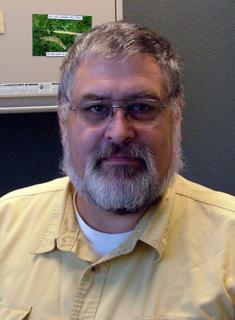John Filiatreau has issued a lengthy analysis of the recent report of the Task Force on the Peace, Unity and Purity of the Church. His take on the early response is that the majority of reactions seemed to have skipped over the initial theological reflections and cut to the recommendations:
"....As soon as the report was released, however, Presbyterians both liberal and conservative started “spinning” it. Interestingly, left and right spun it much the same way, suggesting — liberals with satisfaction, conservatives with horror — that it would open the door to the ordination of gays and lesbians in the Presbyterian Church (U.S.A.).I agree, having read most of the quick responses (and having posted one of my own). I have a quibble with the "preserved at all costs" part. Do we not each have a point beyond which we could not cross?
This is exactly what the task force members feared: that most Presbyterians would skip past the “theological reflection” portion that opens the report; pay little attention to the section describing the group’s own “transforming” experience; go right to recommendations, looking to take offense; and skip the first and most important one — that the church’s unity be preserved at all costs — to the fifth, the AI, the one that most directly addresses the hot-button issue of homosexuality and church office...."
I have to wonder if we Presbyterians are spending far too much time on sexual issues.
The first part of the report provides the basis for our Peace, Unity and Purity: The Lordship of Jesus Christ and the testimony of Scripture, coupled with our willingness to listen to one another. We are not going to agree on every point, but we ought to be able to worship together and approach the Lord's Table as fellow sinners in need of redemption. Too much of our time and too many of our resources are being spent in fighting over issues where the only outcome seems to be further divisiveness. Let's concentrate on what unites us.
